Florida is grappling with a significant ecological challenge due to the invasion of Burmese pythons.
These formidable predators have demonstrated an alarming ability to consume large prey, such as deer and alligators, in a single gulp.
A recent study, accompanied by a striking video, has brought this issue to the forefront, highlighting the threat these invasive species pose to Florida’s native wildlife.
Origin And Spread

Burmese pythons, originally from Southeast Asia, were introduced to Florida through the exotic pet trade.
Over time, they have established a significant presence in the state’s ecosystems, particularly in the Everglades.
Their adaptability and lack of natural predators have allowed them to thrive, substantially impacting local biodiversity.
The presence of Burmese pythons in Florida has resulted in increased competition for resources, threatening the survival of native species.
These apex predators have disrupted the ecological balance, preying on a wide range of animals, including raccoons and opossums, and reducing the populations of native wildlife critical to Florida’s natural food chains.
Documenting The Predatory Behavior
A groundbreaking study conducted by the Conservancy of Southwest Florida has provided valuable insights into the predatory behavior of Burmese pythons.
Published in the journal “Reptiles and Amphibians,” the research aimed to document and understand the impact of these invasive predators on Florida’s ecosystems.
The study gained widespread attention with the release of a video showing a Burmese python swallowing a deer whole.
This remarkable footage, captured by the research team, vividly illustrates the python’s extraordinary predatory capabilities.
Biologist Ian Bartoszek, who witnessed the event, described it as an unforgettable experience, underscoring the gravity of the situation.
Local residents also expressed concerns about encountering such large predators near residential areas, emphasizing the need for effective control.
Understanding The Python’s Adaptations
Burmese pythons possess unique anatomical features that enable them to consume large prey.
Their ability to expand their jaws and stretch their bodies allows them to envelop prey much larger than themselves.
This physiological adaptation is a key factor in their success as apex predators.
Case Study: The 115.2-Pound Python
The study documented a case involving a 115.2-pound female python that consumed a 77-pound white-tailed deer.
This case exemplifies the python’s hunting prowess and ability to tackle formidable prey, raising concerns about its impact on native species essential to Florida’s biodiversity.
“Besides the large absolute size of the deer that was eaten being impressive, our anatomical measurements indicate this deer was very near the size limit on the prey that could be consumed by this snake,” said University of Cincinnati Professor Bruce Jayne, emphasizing the remarkable physical adaptations of Burmese pythons.
Implications For Florida’s Ecosystem
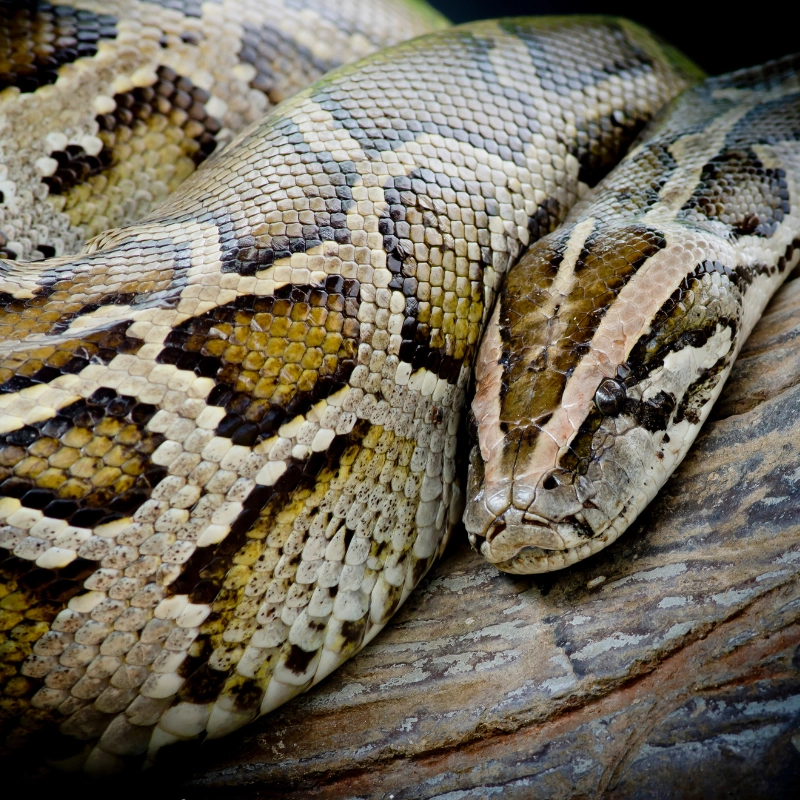
The predation by Burmese pythons has significant implications for Florida’s native species.
The reduction in populations of animals like deer and alligators disrupts the food chain and threatens the survival of smaller predators and scavengers that rely on these animals for food.
Efforts to manage and control the python population are underway, with initiatives like the Florida Python Challenge, tracking programs, and public awareness campaigns aimed at reducing their numbers.
Involving local communities and educating residents on reporting sightings are also crucial strategies to mitigate their impact.
These efforts are essential for preserving Florida’s biodiversity and ensuring the survival of native wildlife.

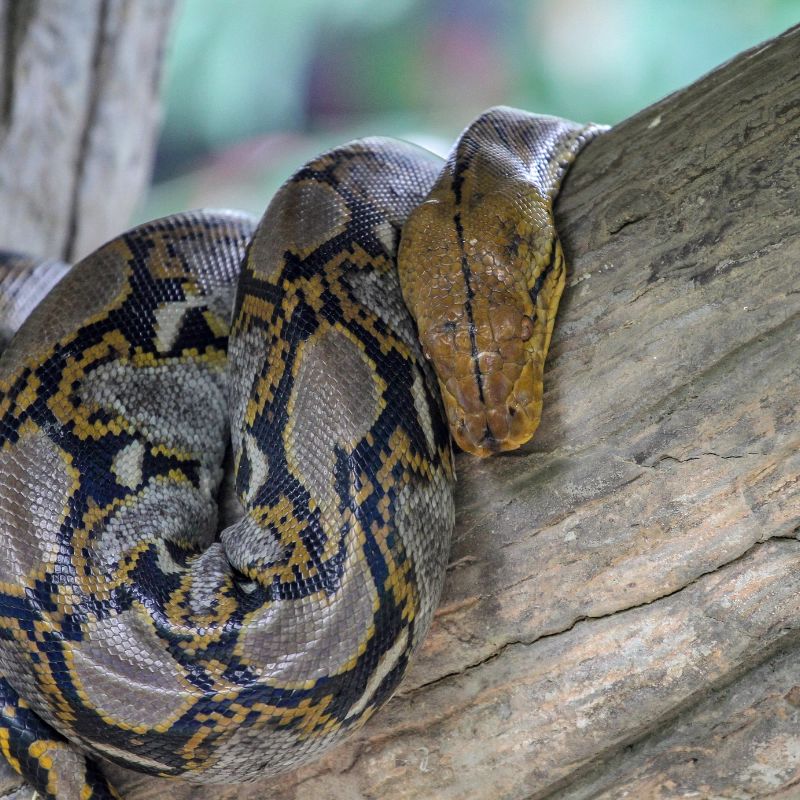




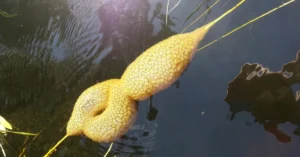
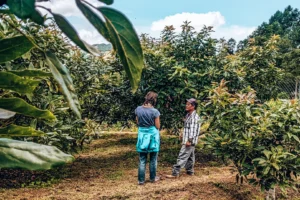

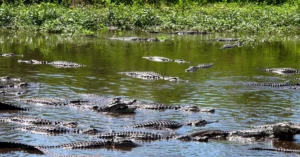

3 thoughts on “The Alarming Predatory Capabilities Of Invasive Burmese Pythons In Florida”
Pretty wild reading about that 115.2-pound python gobbling up a deer nearly its size. Makes you think twice about the balance of our ecosystems. Hats off to the research team for shedding light on this.
Do you think this could lead to more stringent measures to control the python population? Seems like they’re having a pretty big impact.
Yeah, the balance is key. Pythons are fascinating but definitely a problem in Florida. Crazy how adaptable they are.